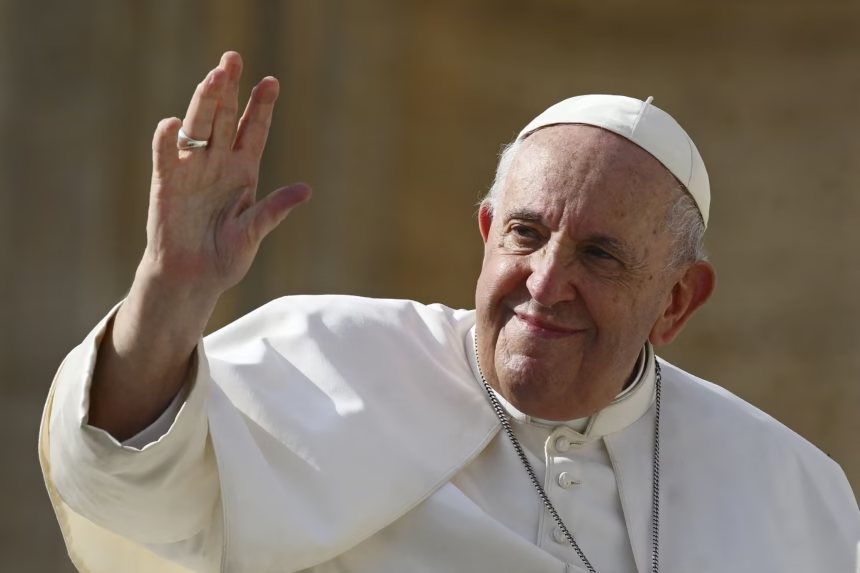Pope Francis Dies at 88: A Champion of Social Justice and a Transformative Pontificate
Pope Francis, widely revered for steering the Catholic Church toward a renewed focus on social justice and advocacy for the poor and marginalized—rather than traditional doctrinal concerns—has died at the age of 88.
The Vatican made the announcement official early Monday.
In recent months, the pontiff’s health had been in visible decline. He was hospitalized for several weeks earlier this year due to a severe case of pneumonia. Although he later returned to his residence within Vatican City, his condition remained fragile, according to The Wall Street Journal.
Born Jorge Mario Bergoglio, Pope Francis remained unwavering in his core beliefs until the end. In one of his final public criticisms, he condemned the Trump administration’s hardline deportation policies, among other controversial measures.
A historic figure, Francis was the first pope from the Americas, the first Jesuit to ascend to the papacy, the first to adopt the name Francis, and notably, the first pope in nearly six centuries to succeed a predecessor who had voluntarily stepped down.
From the outset of his pontificate in 2013, Pope Francis signaled a distinct shift in tone and style. He distanced himself from the grandeur of previous papacies, opting instead for humility and simplicity—eschewing elaborate liturgical attire, choosing modest modes of transport, and speaking with striking candor in public forums and press briefings. As The Wall Street Journal observed, these choices reflected his aim to render the Church “less hierarchical, more human.”
On the global stage, Francis emerged as a bold and vocal advocate for the marginalized. He denounced rising economic inequality and called for solidarity with the world’s most vulnerable populations. In numerous meetings with grassroots activists, he famously urged the building of “bridges, not walls,” and challenged global leaders to “place humanity at the center of economic systems.”
Despite widespread acclaim, his progressive orientation provoked considerable friction within the Church. His pontificate faced sustained criticism from conservative factions of the clergy, who viewed his stances on issues such as migration, climate change, and economic justice as diverging from long-held ecclesiastical traditions.
While his efforts to address the Church’s longstanding sexual abuse crisis brought about disciplinary reforms and new transparency measures, critics argue that his response fell short of delivering comprehensive justice for survivors.
As the bells of St. Peter’s Basilica toll in solemn tribute, the global Catholic community enters a period of mourning—reflecting on a papacy defined by compassion, controversy, and a profound commitment to reshaping the Church’s role in the modern world.







